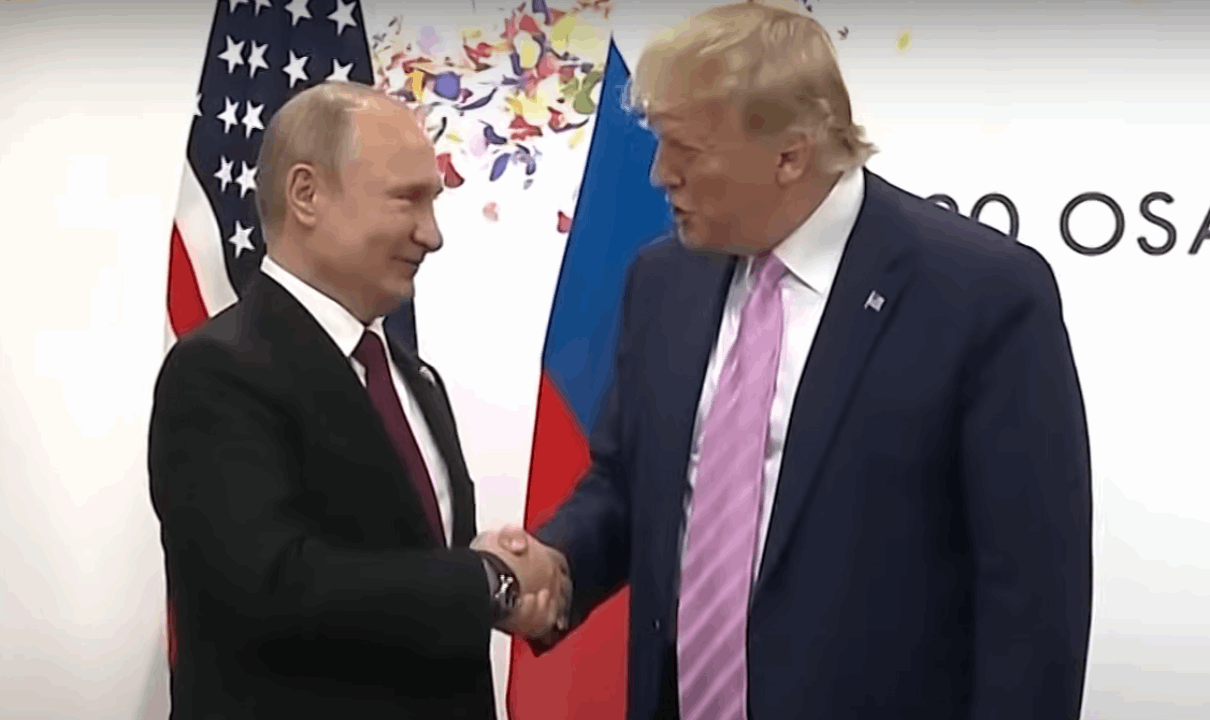US threatens 500% tariffs on exports from Russian oil buyers, including Hungary, if Putin rejects peace talks

Hungary stands at a critical crossroads as the United States considers imposing punitive tariffs of up to 500% on countries that continue to import Russian oil, gas, or uranium. This move, part of a broader US strategy to pressure Russia over the Ukraine conflict, could have severe repercussions for Hungary’s export-driven economy and energy security.
Heavy reliance on Russian energy
Hungary is uniquely exposed among EU nations due to its deep dependence on Russian energy. According to an earlier report by Portfolio, over 80% of Hungary’s oil imports and a significant portion of its natural gas come from Russia, with domestic refineries—especially those operated by MOL—optimised for Russian crude.
While Hungary has begun discussions on diversifying its energy sources, MOL executives say that a full transition away from Russian oil would not be feasible before the end of 2026, and only with substantial EU financial support.
Impact on Hungarian exports and key industries
The United States is a major trading partner for Hungary, with Hungarian exports to the US totalling around USD 9 billion annually, 24.hu writes. A 500% tariff would make Hungarian goods uncompetitive, threatening thousands of jobs and potentially shaving up to 0.5 percentage points off Hungary’s GDP this year.
Hungary has responded to the US tariff threats by seeking exemptions and distancing itself from the EU’s retaliatory measures. Prime Minister Viktor Orbán’s government has broken ranks with Brussels, advocating for renewed negotiations with Washington and proposing bilateral economic cooperation packages to mitigate the impact of tariffs, Central European Times reports.
At the same time, Hungary has strengthened its energy ties with Russia, with Foreign Minister Péter Szijjártó emphasising that the country’s energy security cannot currently be guaranteed without Russian supplies.
Limited options and growing pressure
Hungary now faces a stark choice: either accelerate its costly and technically challenging shift away from Russian energy or risk losing access to the lucrative US market. If the US tariffs are enacted, Hungary may be forced to restructure its export markets, seek new trading partners, and brace for potential economic downturns—especially in its vital automotive, electronics, and food industries.
Read more about the Hungarian economy HERE. Wish to read more about US-Hungary relations? Click HERE.
Read also:







